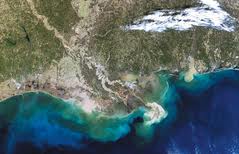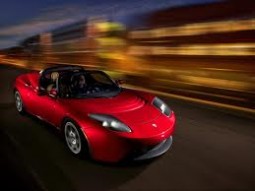
Potable Water (start time 5:31). Here on the Front Range, the last three months have been the driest on record. Usually, we get about 8 inches of rain through this time period. This year, it’s more like three inches of rain. A dry year raises a question that’s always a worry in Colorado — what can people do to get enough water? The question is even more urgent because more people are moving to Colorado . . . which means, they will demand . . . more water! As for where to get that water when supplies are scarce, Jörg Drewesat the Colorado School of Mines is leading a plan to build city water systems so that we save drinkable water for, well, drinking. And we use less clean water for flushing toilets, washing laundry, and watering lawns.

Hosts: Tom McKinnon and Susan Moran
Producer: Jim Pullen
Engineer: Jim Pullen
Additional contributions: Shelley Schlender and Jim Pullen
Executive Producer: Joel Parker
Listen to the show:
Podcast: Play in new window | Download (Duration: 24:42 — 34.0MB)
Subscribe: RSS






